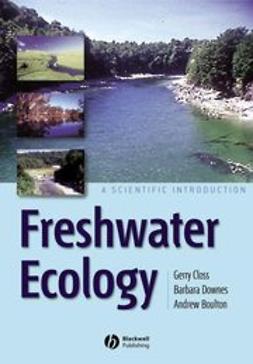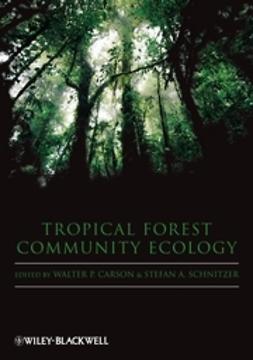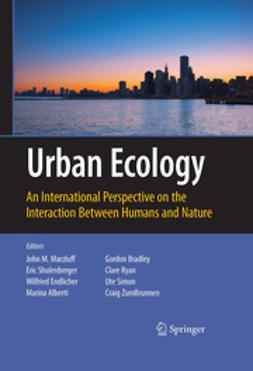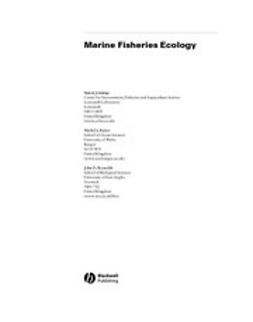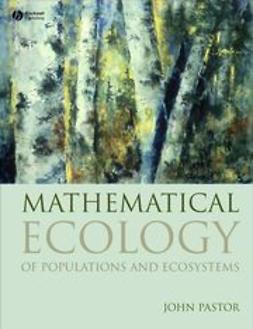Morin, Peter J.
Community Ecology
Morin skillfully guides the reader through the main tenets and central concepts of community ecology - competition, predation, food webs, indirect effects, habitat selection, diversity, and succession.
In an attempt to introduce the reader to the most balanced coverage possible, Morin includes examples drawn from both the aquatic and terrestrial realm and from both plant and animal species. Balancing theory with experimentation and drawing on exciting new studies to complement the historical foundations of the discipline, he also stresses that both the empirical and theoretical approaches are necessary to drive ecology foward into the new millenium.
The final chapter on applied community ecology ably demonstrates how community ecological processes have a wide environmental relevance. Although in its infancy, the application of community ecology to emerging problems in human-dominated ecosystems could mitigate problems as diverse as management strategies for important diseases transmitted by animals and the restoration and reconstruction of viable communities.
Required reading for all students and practitioners interested in community phenomena, Community Ecology marks an important contribution to the development of this protean discipline.
- The first serious textbook for a decade on one of the keystone subdisciplines of ecology.
- Broad taxonomic and habitat coverage.
- Section on implications of community ecology for environmental issues.
- Author(s)
- Morin, Peter J.
- Publisher
- John Wiley and Sons, Inc.
- Publication year
- 2009
- Language
- en
- Edition
- 1
- Page amount
- 432 pages
- Category
- Zoology
- Format
- Ebook
- eISBN (PDF)
- 9781444312317




